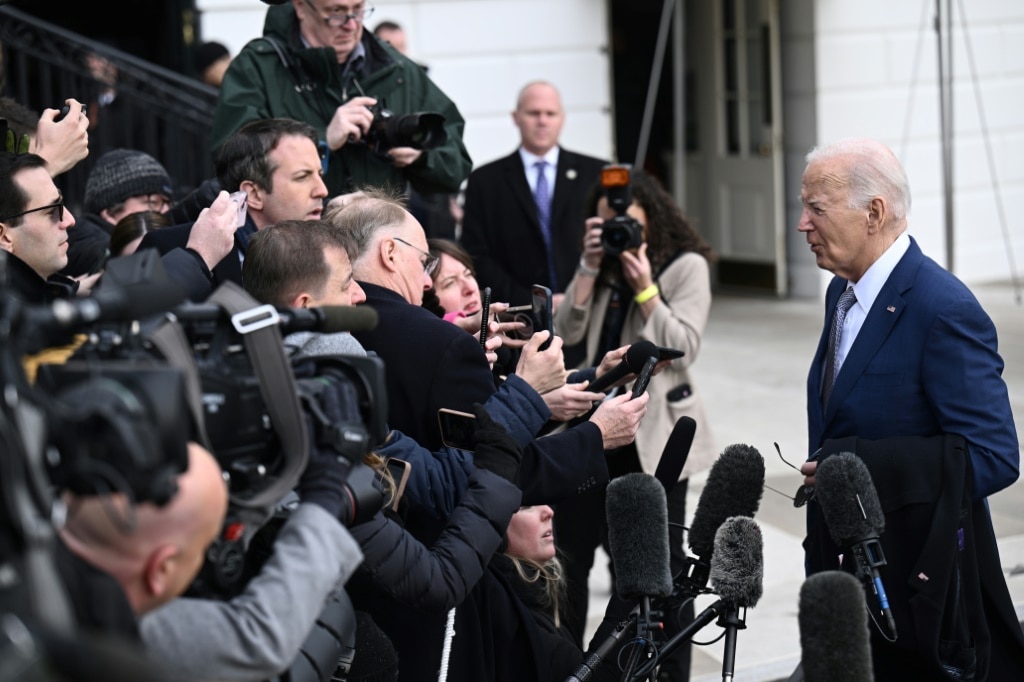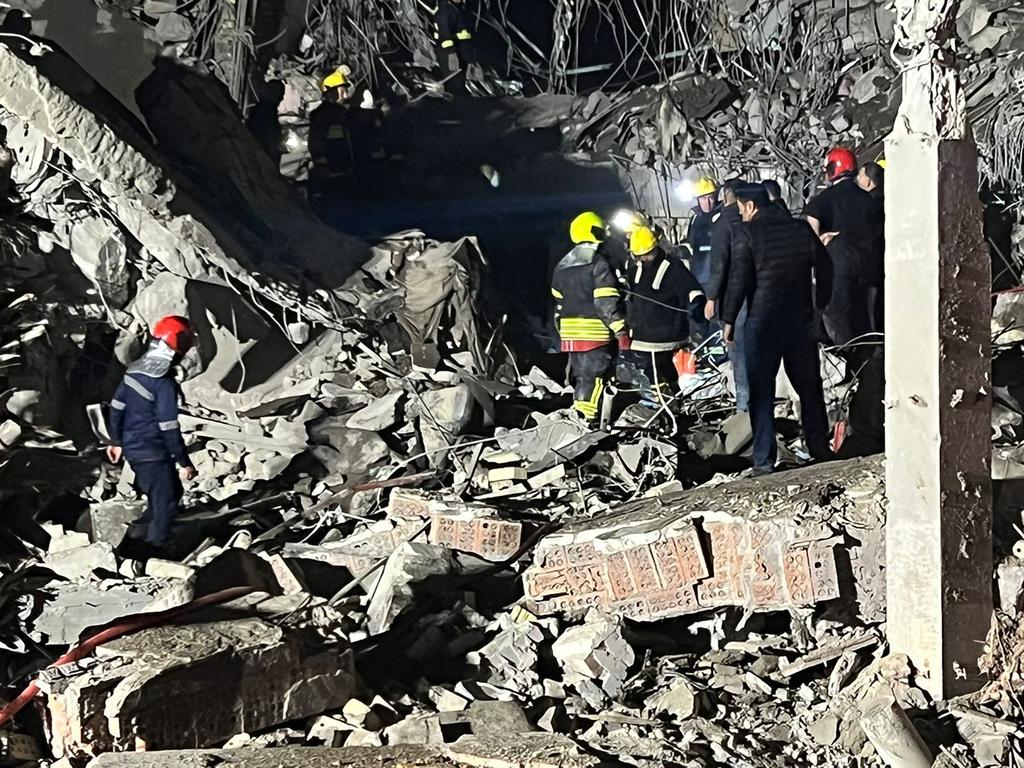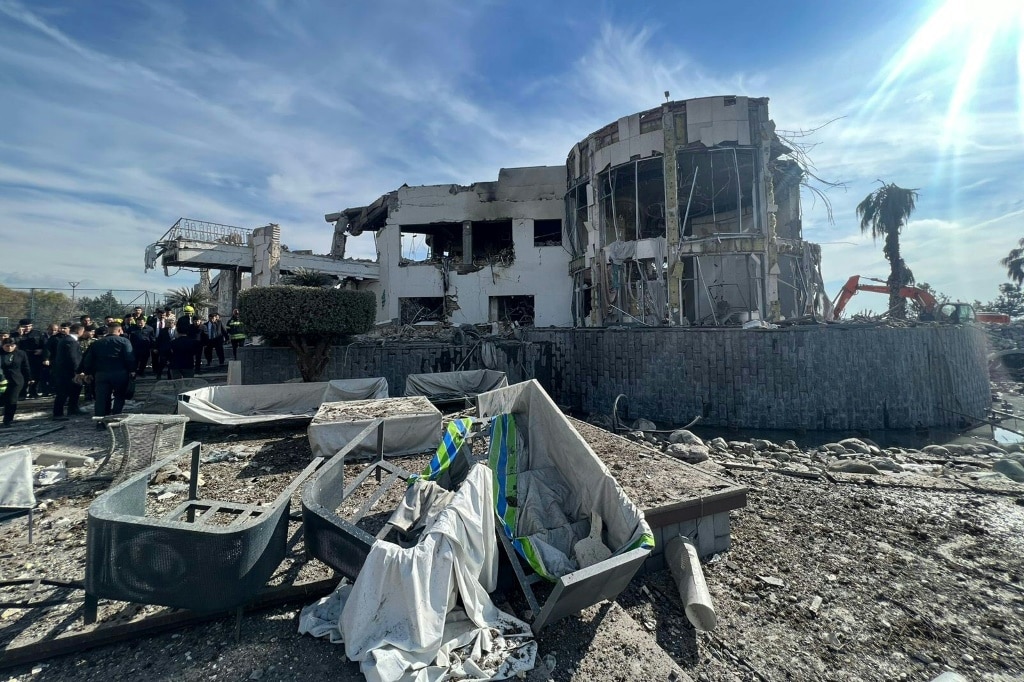Tehran’s calculated gamble raising temperatures in heated Middle East
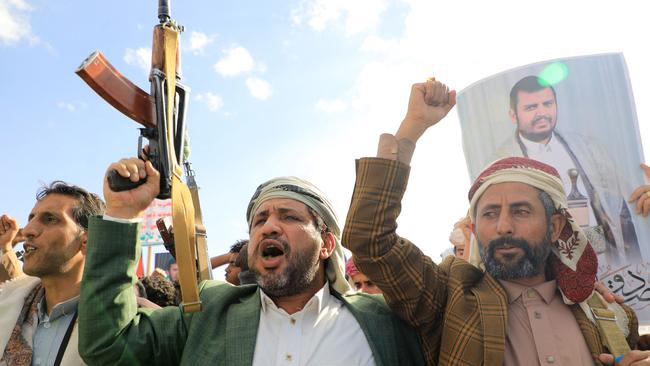
The Middle East is rarely short of surprises, but this week’s missile barrage by Iran targeting sites in Syria, Iraq and Pakistan raised the temperature in an already heated region. Not only that, but Tehran’s intent in unleashing its rocket forces against three countries makes sense in some respects but appears inexplicably risky in other respects.
While there is much talk of Iran’s use of proxy and allied forces to further its regional aims across parts of the Middle East, there also has been mounting pressure within the Iranian leadership to react to attacks against Iranian interests over the past few months among its security forces and, of course, its civilian population.
In mid-December, an attack claimed by the Sunni jihadist terrorist group Jaish al-Adl in Iran’s restive Sistan-Baluchistan province killed 11 police officers. Iran’s top military adviser in Syria, Sayyed Razi Mousavi, was killed in an Israeli airstrike in Syria late last month, and early this month 90 Iranians and Afghans were killed in suicide bombings in Kerman in an attack claimed by Islamic State-Khorasan Province, Islamic State’s Afghan branch. The terrorists allegedly were smuggled across the Sistan-Baluchistan border with Pakistan.
Tehran’s actions likely reflect an internal desire to be seen to be doing something in response to these attacks and to remind others in the region that through its rocket and missile forces it retains the ability to directly attack its opponents well outside its own borders. Its choice of targets and the damage inflicted also point to a willingness to prioritise style over substance and a risk acceptance in terms of direct, unilateral action that is relatively rare.
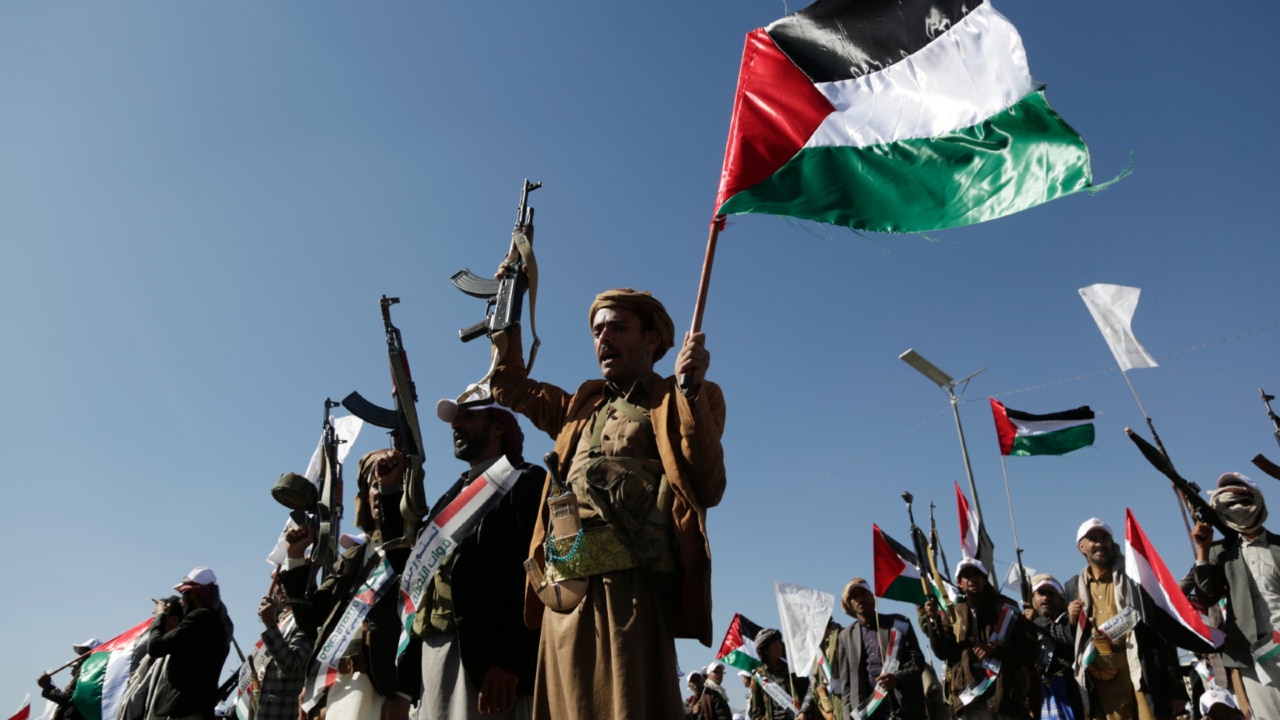
The target in the Kurdish-controlled city of Erbil was the house of a prominent businessman Peshraw Dzeyi, whom some have accused of being involved in the selling of oil from the region to Israel, a claim denied by Kurdish agencies. True or not, some Iranian news sources referred to him as a Kurdish-Israeli businessman, and that his house was a meeting place for Mossad agents and Iranian separatist groups.
The Iranians had previously struck targets in Erbil in March 2022, ostensibly against what Tehran referred to as Israeli targets but in reality the home of a Kurdish businessman who allegedly was involved in the gas industry. In that instance the attacks were in response to the deaths of two Iranian officers in an Israeli airstrike in Syria a few days previously.
The presence of US diplomatic and security personnel in Erbil, as well Iranian Kurdish opposition groups in Kurdish-controlled Iraq, also makes it an attractive target for Tehran when they wish to send deterrence messages.
The missile attack against Syria was on a target in the opposition-held region of Idlib and allegedly was an Islamic State site, although local media reported that the target was a small building that previously had been used by foreign jihadists but had since been abandoned.
There is an argument to be had that this was for demonstrative effect and a test for the accuracy of its weaponry over an extended range, into a country with which it has good relations and therefore no likelihood of blowback.
It was the attack against what it claims was a Jaish al-Adl target in Pakistan though, that is potentially the most reckless. Certainly there is a causal link between the group targeted and Iranian security, but the sledgehammer approach and complete disregard for Pakistani sovereignty has invited Islamabad to respond accordingly. The Pakistani ambassador was recalled and the Iranian ambassador was refused permission to return to Islamabad after he had been travelling outside the country.
India has declared that Tehran’s actions were understandable, while Pakistan swiftly launched its own attack against Baluchi opposition groups in Iranian territory. Iran also has announced the start of a multi-day air defence exercise.
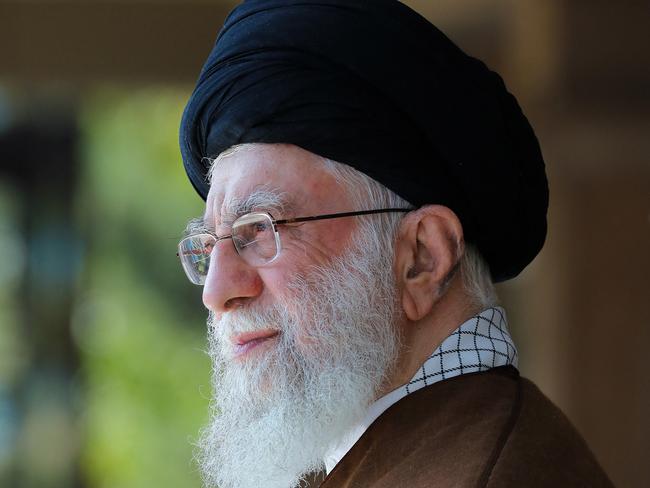
It is always a brave person to ascribe strategic intent to Iranian actions given the complicated and opaque decision-making process often practised by the Islamic Republic, but this attack couldn’t have been launched without the Supreme Leader’s approval and this response likely reflects his belief that Iran needs to be very publicly seen to be acting directly in defence of its interests.
Tehran’s partners are engaged throughout the region, ostensibly in support of the Palestinian cause in Gaza but really as part of a broader anti-Israel movement of which Iran is the leader.
Hezbollah in Lebanon, the Houthis in Yemen, various militia groups in Iraq and scattered Palestinian groups are battling Israeli forces directly or indirectly, as well as local US forces in Iraq.
In the case of the Houthis, their actions against civilian merchant shipping are having a broader economic impact that is being felt to some degree well outside the region.
This does come at a cost, though, and the US and its allies have been exacting a price on Iran’s partners with little cost to themselves. Iraqi militia attacks have been relatively ineffectual, and a senior leader of Harakat al-Nujaba was killed in a US drone strike in Baghdad as a warning to others that there is a cost to continuing attacks against US forces.
Hezbollah has tied down Israeli forces in the north and forced the evacuation of tens of thousands of Israeli citizens, imposing an economic cost on the state, but it has come at the cost of between 100 and 200 of its fighters killed.
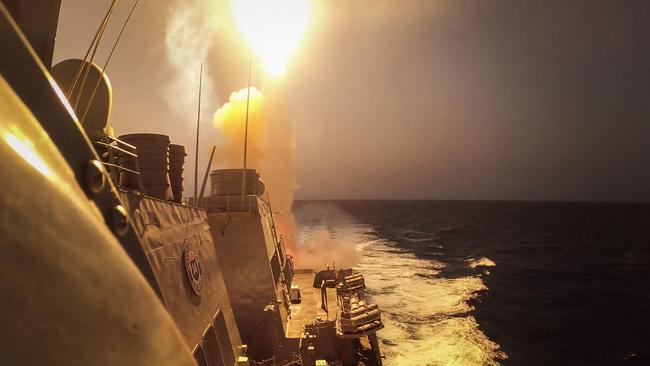
And the actions of the Houthis have restricted ship movement and imposed a real if limited cost on some maritime trade. But after they achieved surprise at the start of their campaign, their attacks have been increasingly ineffectual. They now are experiencing airstrikes targeting their missile launch sites and infrastructure and have just been relisted as a specially designated global terrorist organisation.
In other words, for all the mischief being made by the raft of pro-Iranian groups around the region their efforts have had no impact on Israel’s military campaign in Gaza and have brought increasing cost to their own organisations. But in the unique environment that is the so-called axis of resistance, cost-benefit analyses are calculated differently to the way in which Western decision-makers may be familiar.
For some, the simple act of resisting is the benefit and there is much sense in burnishing their credentials as an anti-Israeli, anti-US movement. When the Israeli military operations come to an end, or if a ceasefire is declared, it will be these groups that claim their part in bringing the fighting to an end. A group can’t position itself as pro-Palestinian and not support the Palestinian cause with what it has at its disposal.
It gives the geographically isolated, minority Zaydis in Yemen a regional relevance well beyond what their faith identity allows.
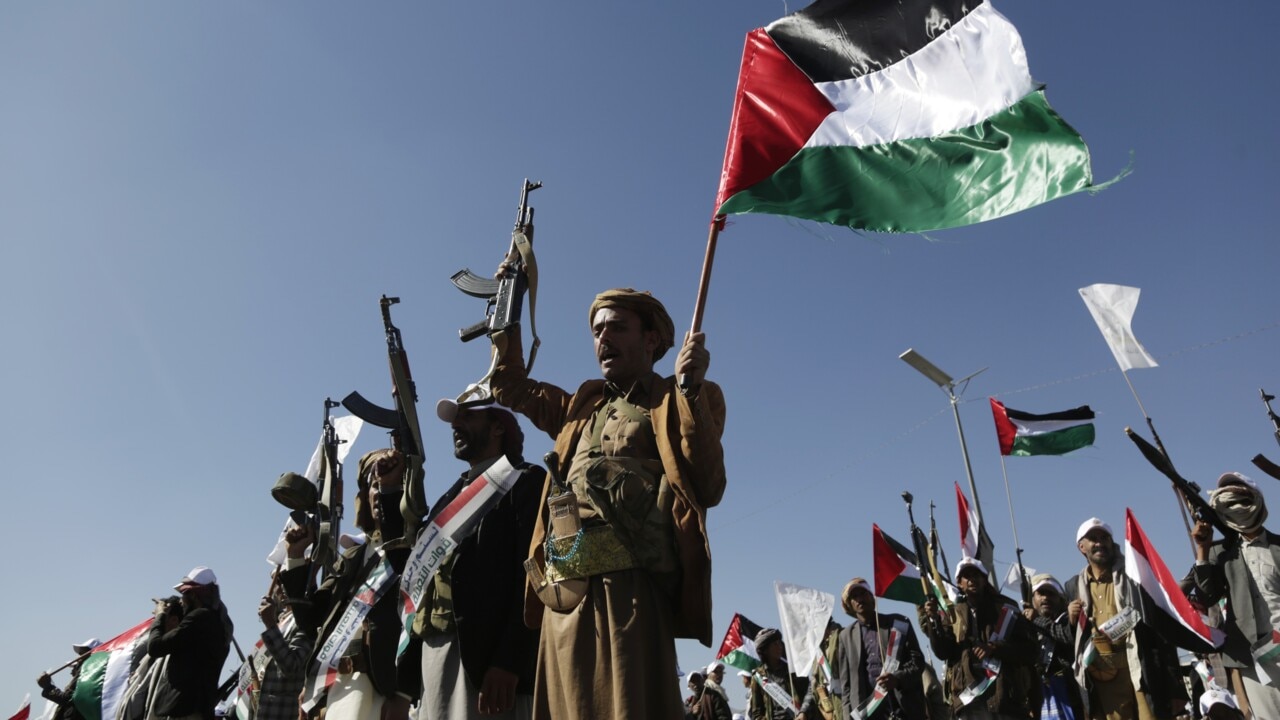
And Hezbollah has long ago shown the domestic political benefits of having a unified political platform and a powerful political and security patron. Iran needs to be seen to support these affiliated groups given what they are sacrificing in support of Iran’s broader strategic aims, and there is an element of this in Tehran’s actions.
But Iran has suffered a series of attacks in the past few months and most likely felt the need to re-establish deterrence and to signal to opponents that it was willing and able to respond to provocations throughout the region.
The attack on Pakistani territory was likely a calculated gamble – showing that Tehran could do the unexpected and expecting Islamabad to satisfy its need to respond by targeting Baluchi groups inside Iran. But given the febrile atmosphere in the region at the moment, gambles of this nature are inherently risky.
Rodger Shanahan is a Middle East analyst and former army officer

